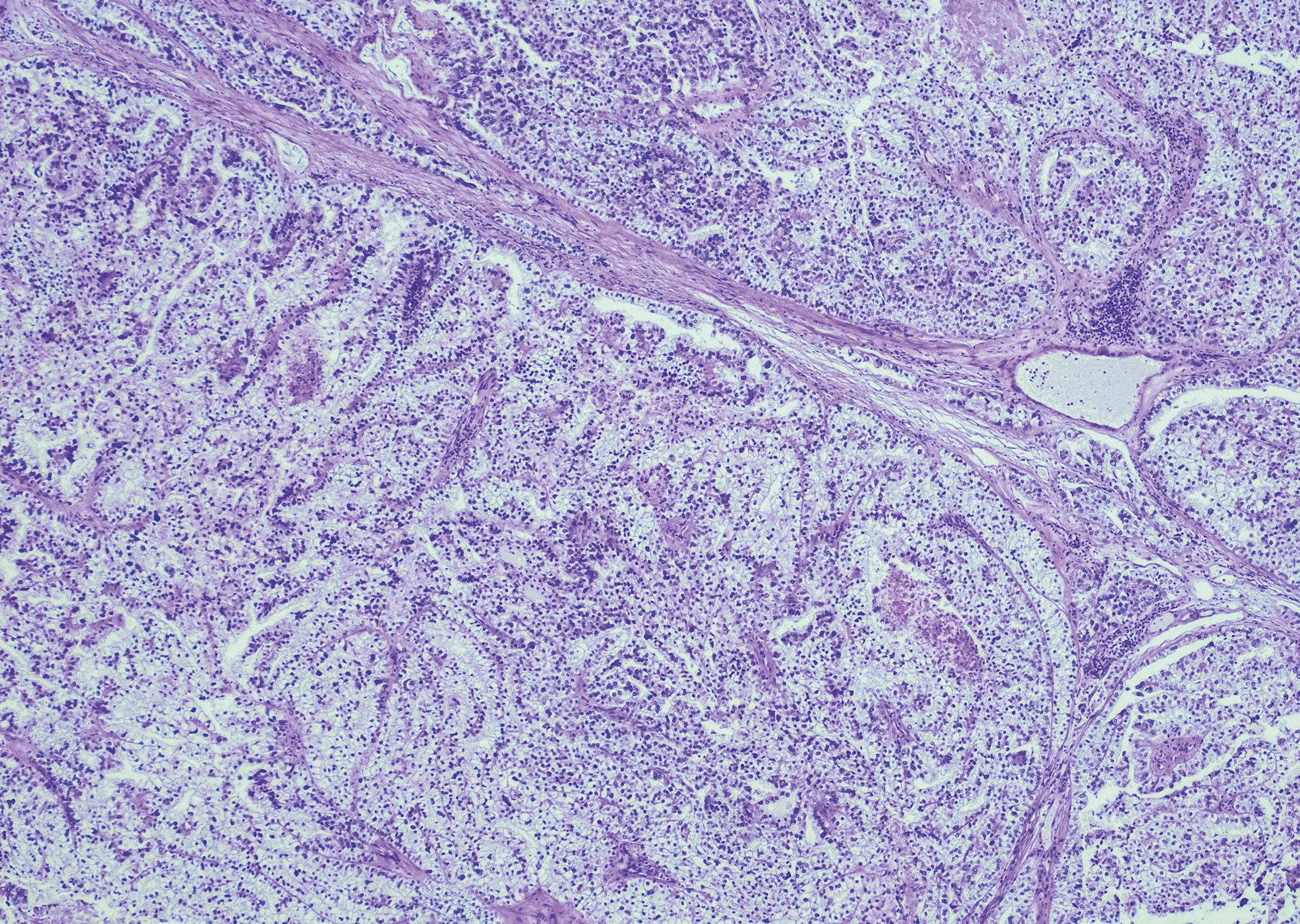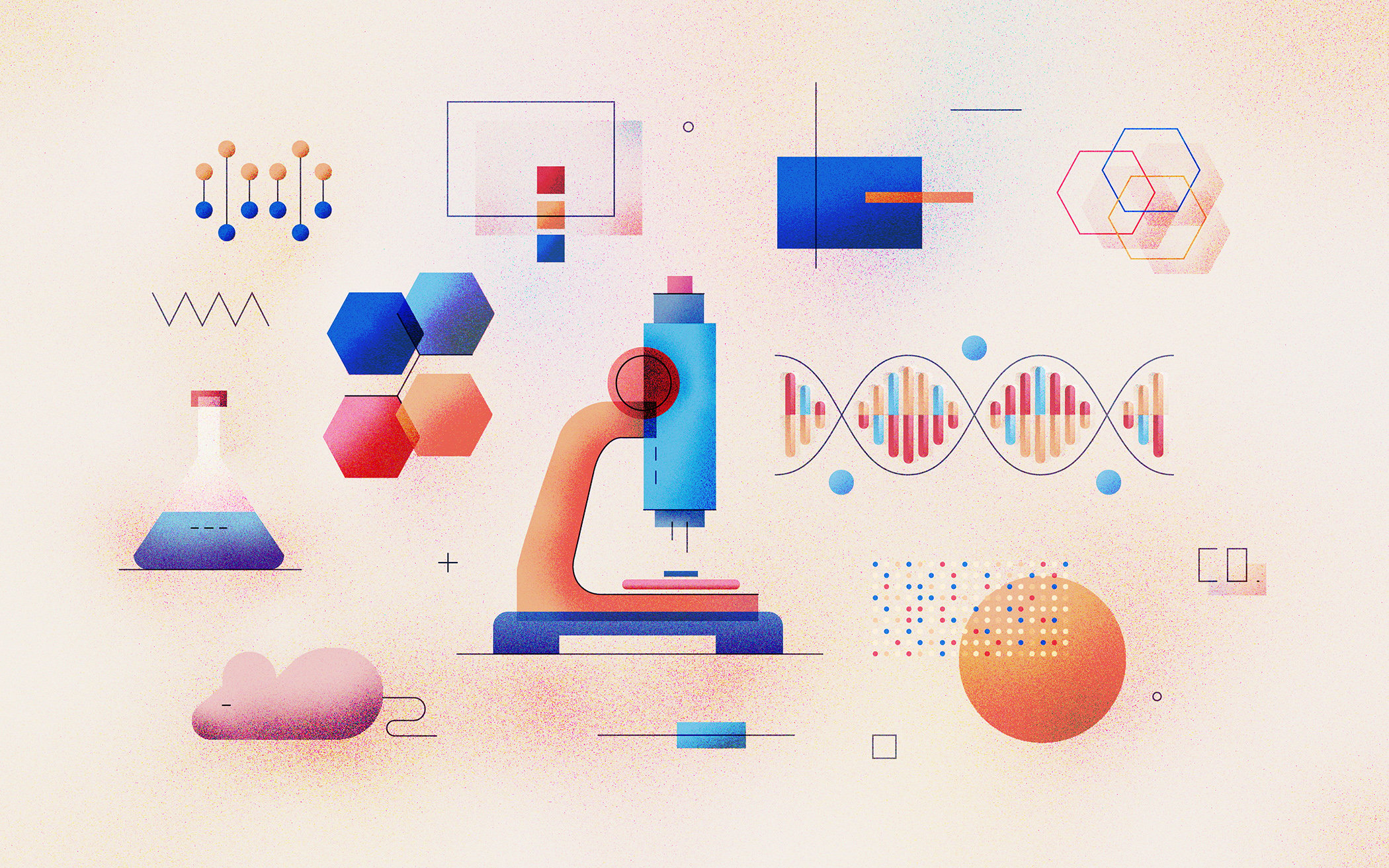Renal cell carcinoma (RCC) is one of the most aggressive urological tumors worldwide. Despite significant advances in molecular characterization and therapy, the disease remains clinically challenging due to late diagnosis, complex pathomechanisms and a high rate of treatment resistance. New insights into genetics, metabolism, immune interaction and tumor microenvironment have not only deepened our understanding of the pathophysiology, but have also paved the way for innovative, personalized therapies.
Autoren
- Tanja Schliebe
Publikation
- Nephrologie-Special
- InFo ONKOLOGIE & HÄMATOLOGIE
Related Topics
You May Also Like
- New ways of neuroregeneration
CRISPR and artificial intelligence
- Asbestos victims
Federal Council has decided to amend the UVG
- Music as a cure for cancer?
Music therapy in Swiss oncology
- Clinical significance, pathophysiology, diagnosis and management
Frailty in COPD
- Bladder infections and urinary tract infections
Survey reveals information deficits in the population
- Early detection of type 1 diabetes
Detection of insulin autoantibodies as an early marker
- Type 2 diabetes
Smoking causes more than double the risk
- From symptom to diagnosis











